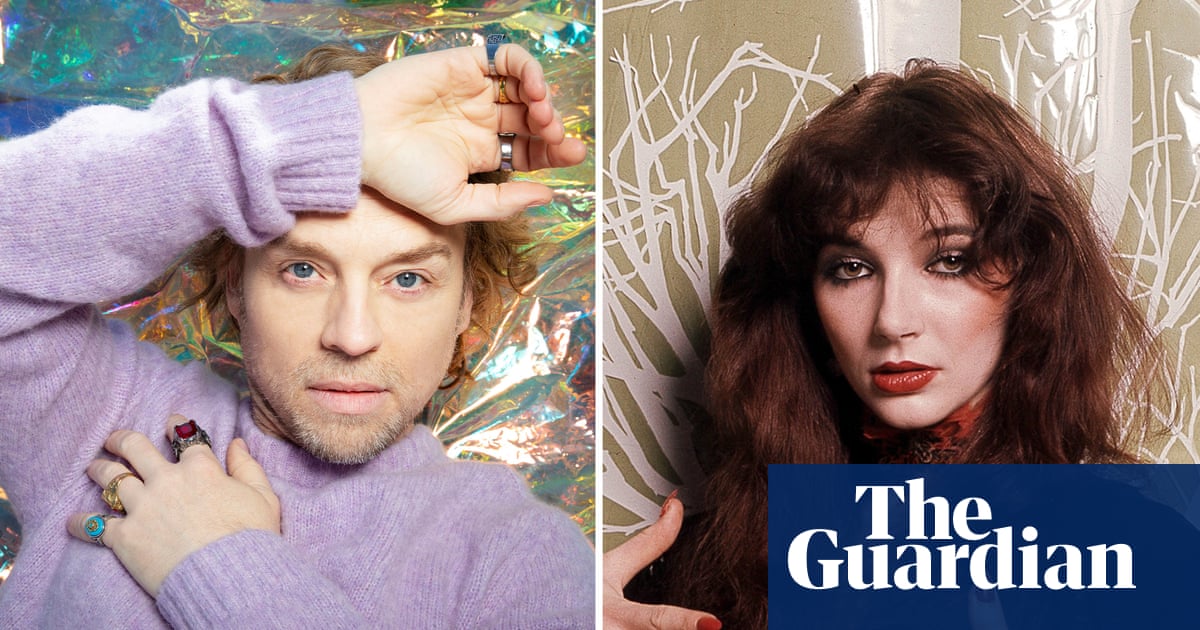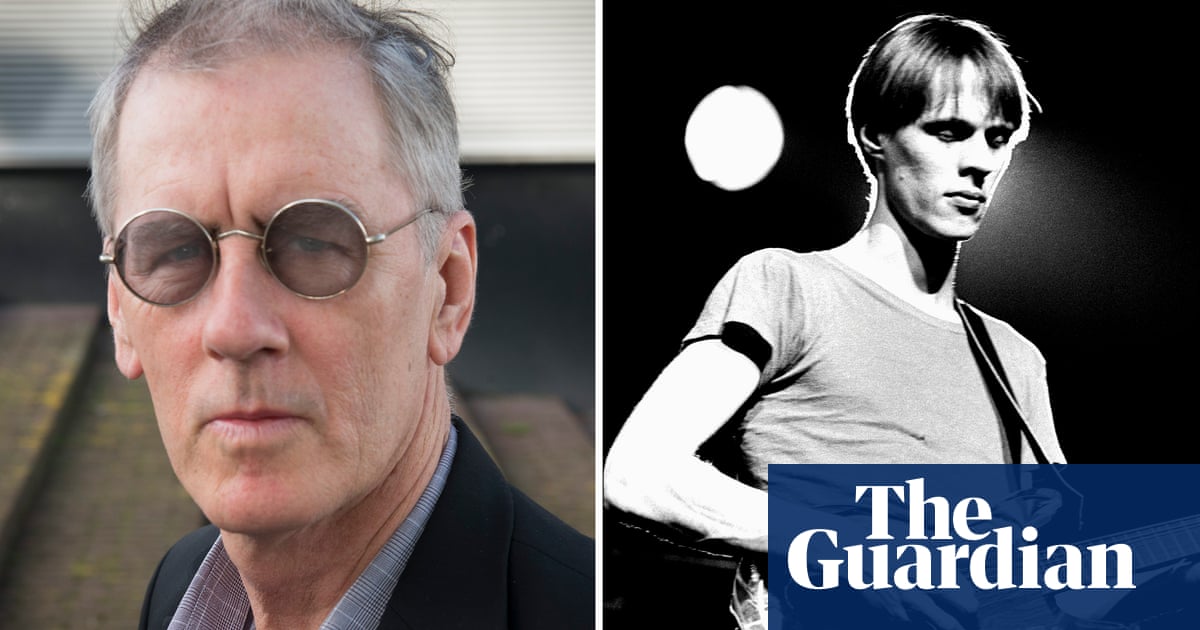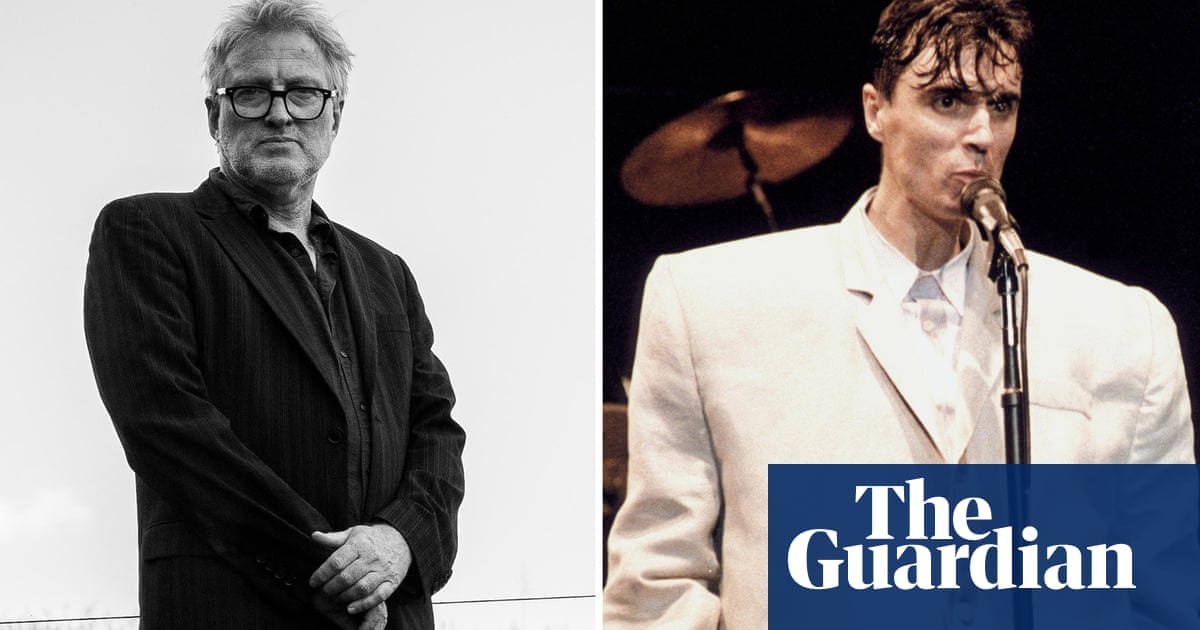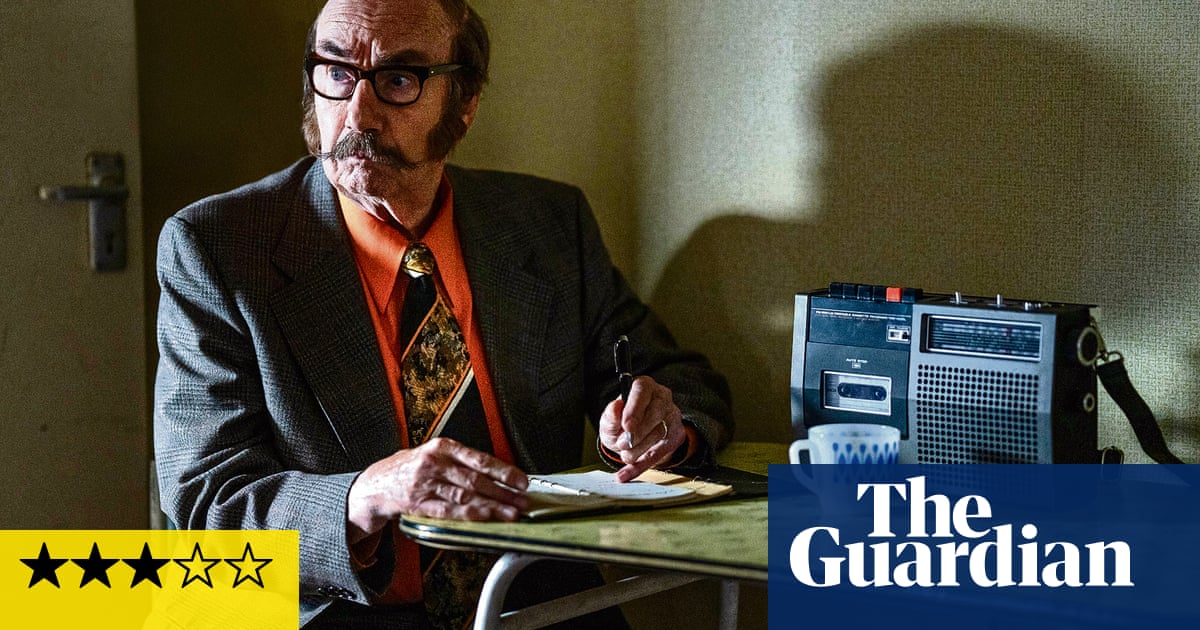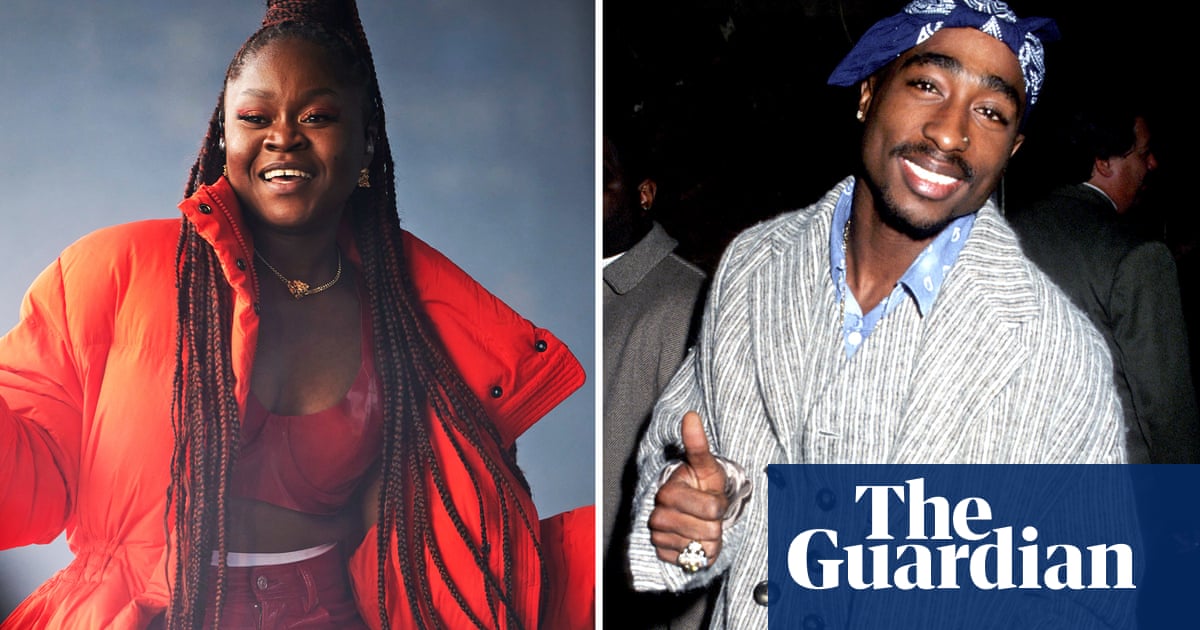
Changes by 2Pac was the first hip-hop song I heard that stopped me in my tracks. I was nine years old, living in Botswana as a middle child of five. We had this tiny house with narrow steps, and I remember being drawn upstairs to this music coming from the bedroom of my 21-year-old cousin, who was raised with us. He was playing a cassette tape of Tupac Shakur songs and Changes was on. I was so intrigued by the harmonies, the chorus, the person who was rapping but sounded like they were speaking to me.
As a kid, I was always writing in my diary. I thought: if Tupac is able to put his poems into rap, maybe I can as well. Changes also made me understand that a song is not only about lyrics – it’s also about feel. The song starts with a vocalist singing “oooh, yeah” in the background and I thought that was quite different for a hip-hop track. I was used to hearing the boom-bap or the beats of rap throughout or maybe one vocalist in the chorus, but I wasn’t used to a track with a choir, a chorus, harmonies, pads and keys involved. There was a landscape behind the song and Tupac just added his voice and verses on top, which is now a part of the way I write. With my recent songs – either with Never Forget or Energy – before we even get into the verses or chorus, we’re establishing the chanting and harmonies behind the song.
Lyrically, I connect with artists who talk about what’s happening in their lives. On Changes, I resonated with Tupac’s vulnerability. It was unusual for a male hip-hop artist to talk about their doubts and fears. You’re supposed to display bravado and strength.
He opens with “I see no changes”, this hopelessness, and takes us on a journey. When I listened to it in my adolescence, I was starting to really see what adulthood was about and the experiences my parents were having – of having children from a different country being raised in Botswana, not fitting in, and how hard it was on them. There’s a line in the song that goes “Things’ll never be the same” and as a kid you just think “Damn, I guess this is life as we know it. I want to go back to the days when we were happier, when there was less pressure and it was lighter on my family.” Because Tupac was expressing human experiences, it made me connect. And that was another note for myself: regardless of where I’m from, what language I speak or which culture I belong to, the human experience always resonates.
In my family we were always encouraged to speak our minds, and when I saw Tupac doing it – but on a bigger level and rapping about social change – it was a permission slip for me to be able express the struggles I was going through too.
It wasn’t just the song I fell in love with; I was immensely inspired by who Tupac was – the good, the bad and the ugly – and how he was able to navigate being a black rap superstar in the United States, in a country that was really scared of that. That resonated with me on a micro level when I started out making music in Australia, trying to bring my culture and music to the forefront. I’d always ask myself: “How would Tupac feel?”
Tupac wanted to start his own label and put more of his peers forward – and that’s where I am now. He never got to achieve that [Tupac was fatally shot in a drive-by shooting in 1996], but luckily I still have that opportunity.
This year we’ve been ending all our Sampa the Great concerts by playing Changes. We stay on stage while it plays and experience it with the crowd. It’s important for people to know what inspired the live show they’ve just seen – what inspired me to take on hip-hop. Whenever 2Pac’s Changes comes on, it’s a reminder to stay true to expressing myself.
Sampa the Great’s latest album, As Above, So Below, is out now.





